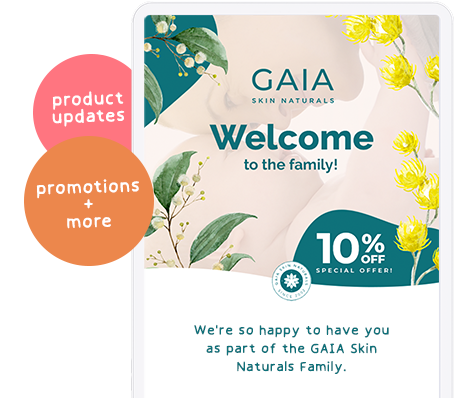Breastfeeding mothers are in the best position to make their own decisions about when to stop breastfeeding. There are simply too many individual factors playing a part for one reason only.
What’s weaning?
In Australia, weaning means to stop breastfeeding. In some countries, to ‘wean’ means to introduce solid foods into a baby’s diet. For the purposes of this article, weaning means to cease breastfeeding.
I don’t want to stop breastfeeding
A baby’s age, how they’re growing, a mother’s return to paid work and personal choice are the main drivers when it comes to deciding when to stop breastfeeding. But in the last couple of years there’s also been the ‘small’ matter of a Covid pandemic which, for some women, has also contributed to reasons why they may wean.
Despite Covid, over the last couple of years some women have chosen to breastfeed for longer than they intended to. Doing all that they can to support their baby’s immunity may well have been a primary reason.
There is no ideal time to wean, though the general advice is to continue for as long as the mother and baby are happy to continue. Up to two years and beyond is the ideal timeframe and there are health benefits in continuing to breastfeed for as long as possible.
During Covid, there is a sense for many mothers of wanting to hold their baby close and do what’s possible to protect them from the outside world.
Breastfeeding is not simply about physical benefits, but psychological ones as well. Only you and your partner can decide what is right for your own special baby. Avoid feeling pressured to wean and follow your own instincts. Unless there are valid reasons to stop breastfeeding, e.g., taking medications which are contraindicated or the baby having a gut obstruction, any amount of breastfeeding is beneficial.
Should I have the Covid vaccine if I’m breastfeeding?
Vaccination has been proven to be protective against contracting Covid-19 and reducing the risk of complications. Breastfeeding mothers are advised to have the Pfizer or Moderna vaccinations and continue breastfeeding before and after their vaccination.
There is evidence to support that breastfeeding women who have had the vaccine may pass on antibodies through breastmilk, offering some protection to their baby.
Why has Covid affected breastfeeding habits?
The Covid virus affects people in different ways. Some have almost no symptoms and others become really unwell. When a breastfeeding mother has become sick herself with Covid, or her baby has, this may be a reason to stop. According to WHO (World Health Organisation), the available evidence recommends that even when a mother has suspected or confirmed COVID-19, she can still initiate and continue breastfeed.
Being unwell with any illness can impact on breast milk supply. When a mother’s immune system is under stress and working overtime, this often reduces the amount of milk she’s producing. Generally, the supply returns to normal levels once a mother has recovered. Babies who are offered formula to supplement their intake can sometimes refuse to breastfeed as effectively once they’ve been bottle fed.
Returning to breastfeeding can take a little time and perseverance. Do what suits you and your baby. What’s important is that they are thriving and their feeding is balanced along with all other aspects of their care.
What if I’m working?
Some breastfeeding mothers are experiencing changes in their working arrangements and childcare. Although we’re in the midst of a pandemic, this may not be the primary reason for stopping breastfeeding. A combination of factors, both physical and practical can add up to meaning a mother chooses to wean.
Some families are reporting they needed to wean their baby when a mother and her baby have been physically separated. Hospitalisation, needing to care for other children and even isolation have meant unique challenges where decisions needed to be made.
Only you can decide what’s right for you. Speak with a health professional if you’d like more support.
Written for babyU by Jane Barry, Midwife and Child Health Nurse.



